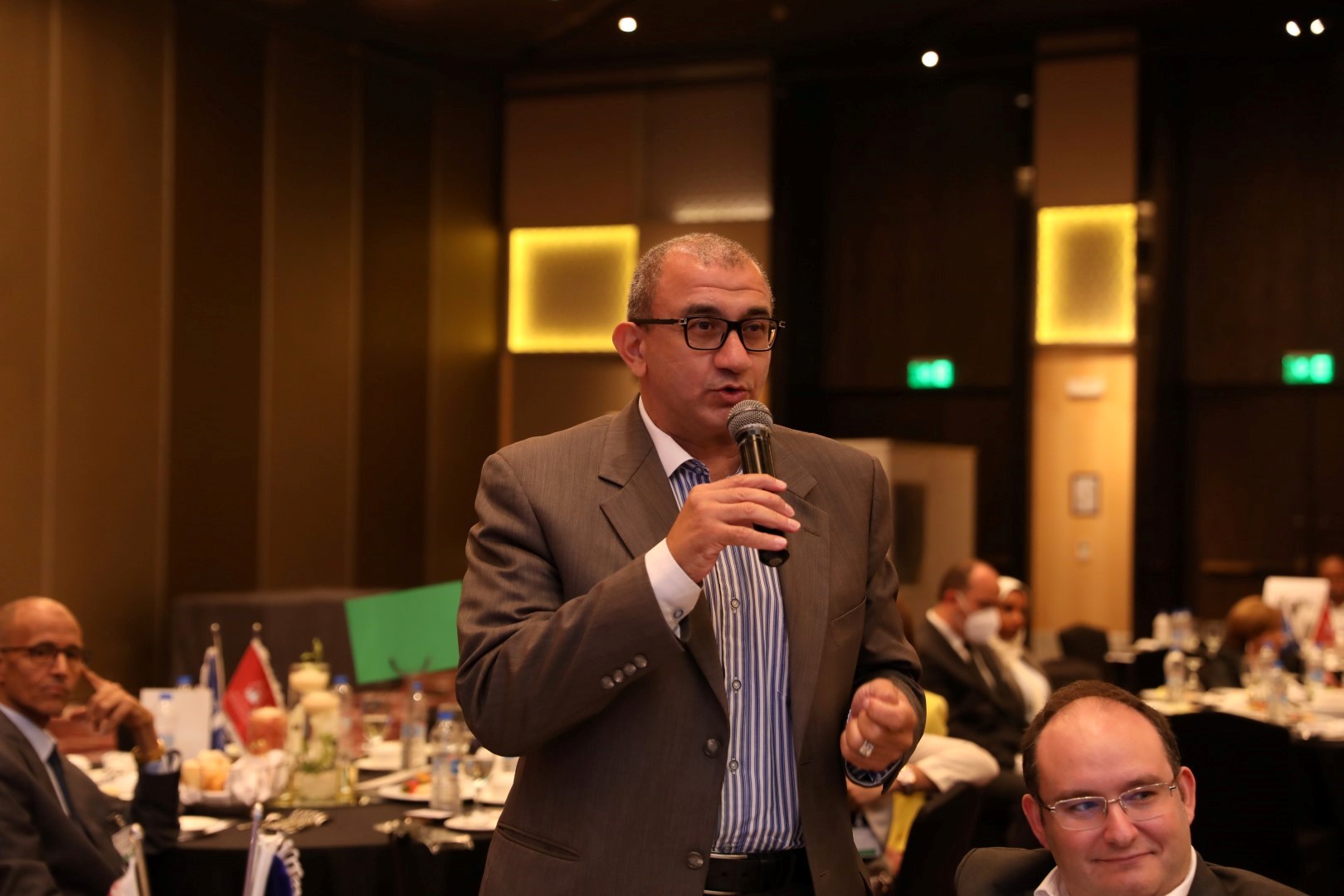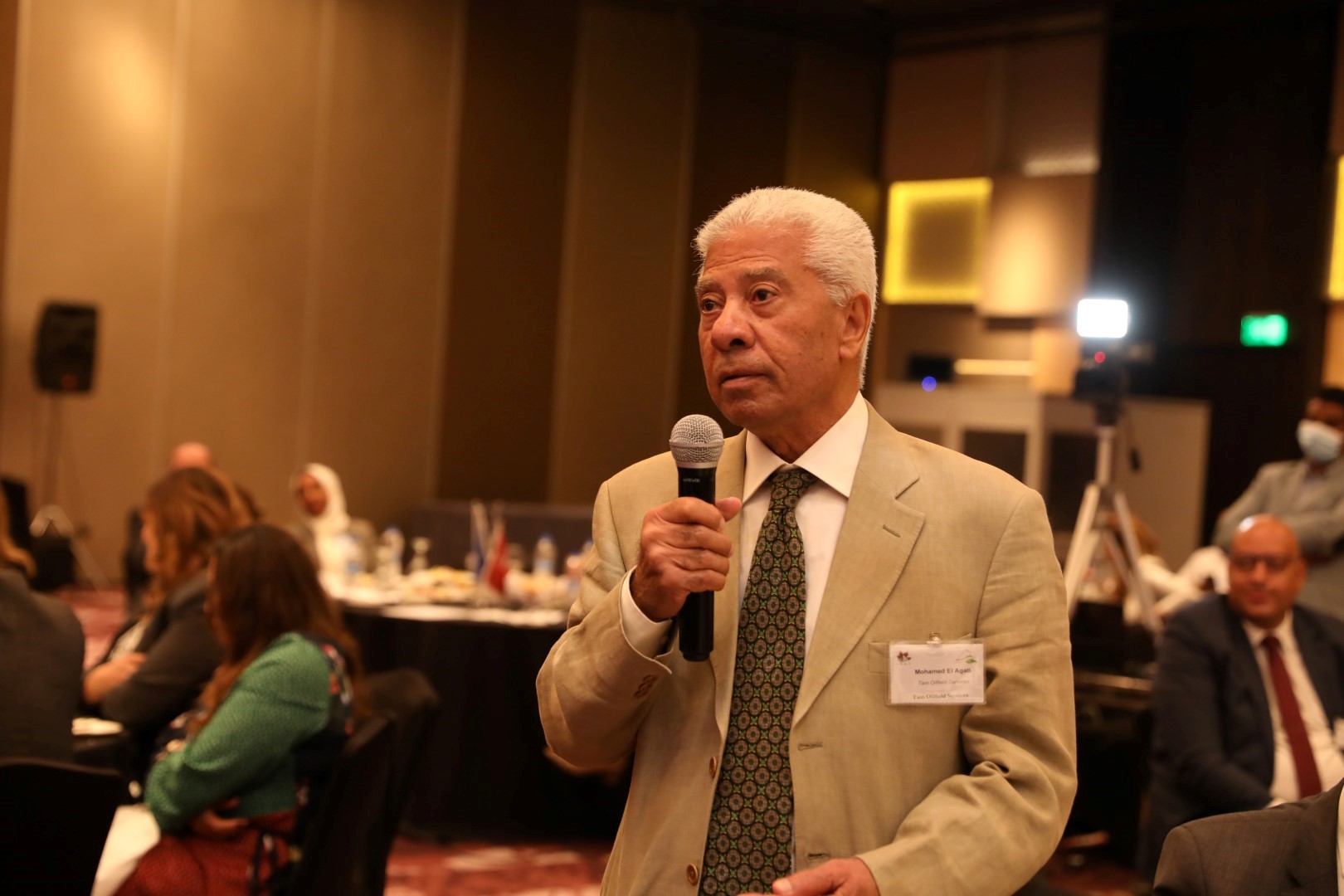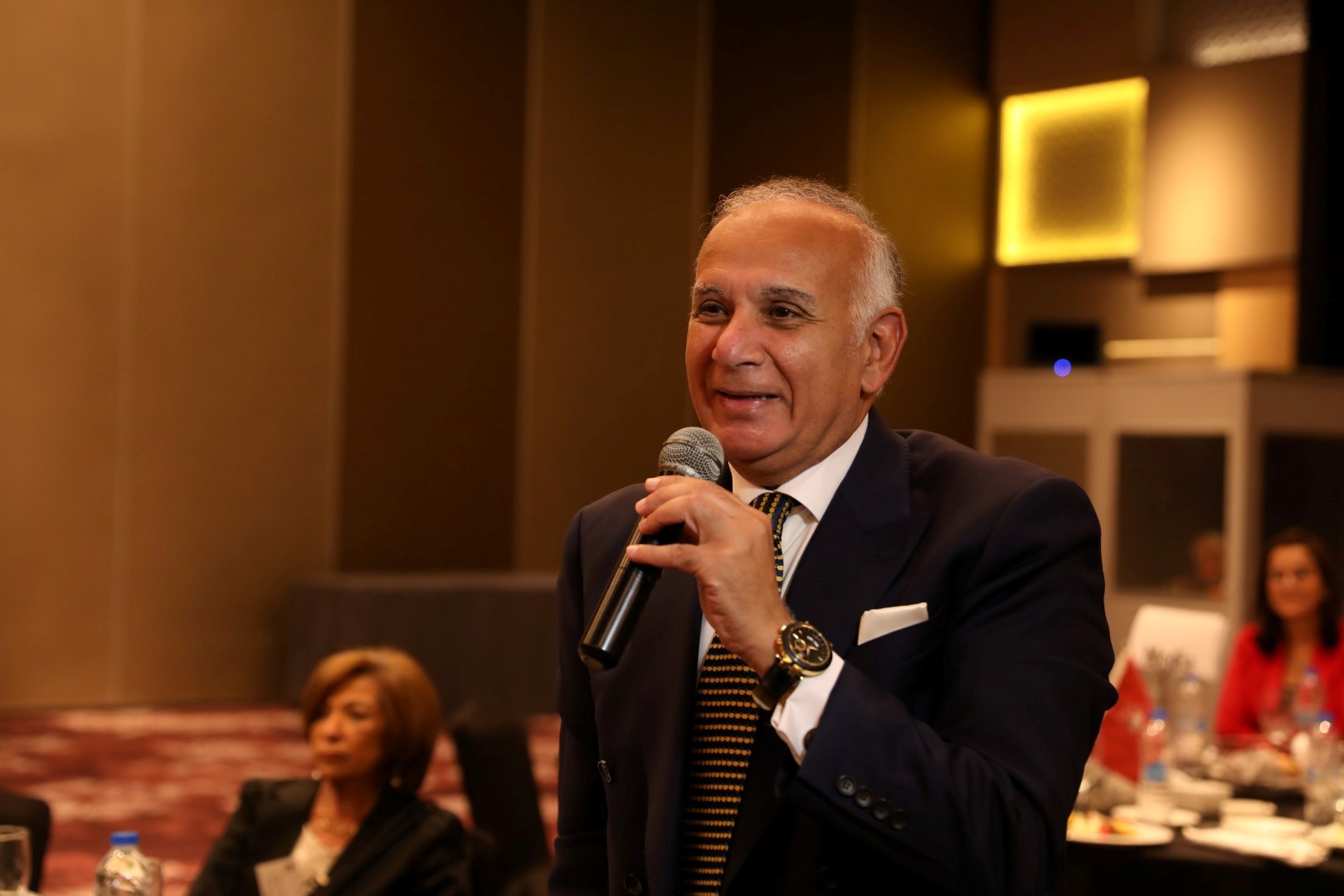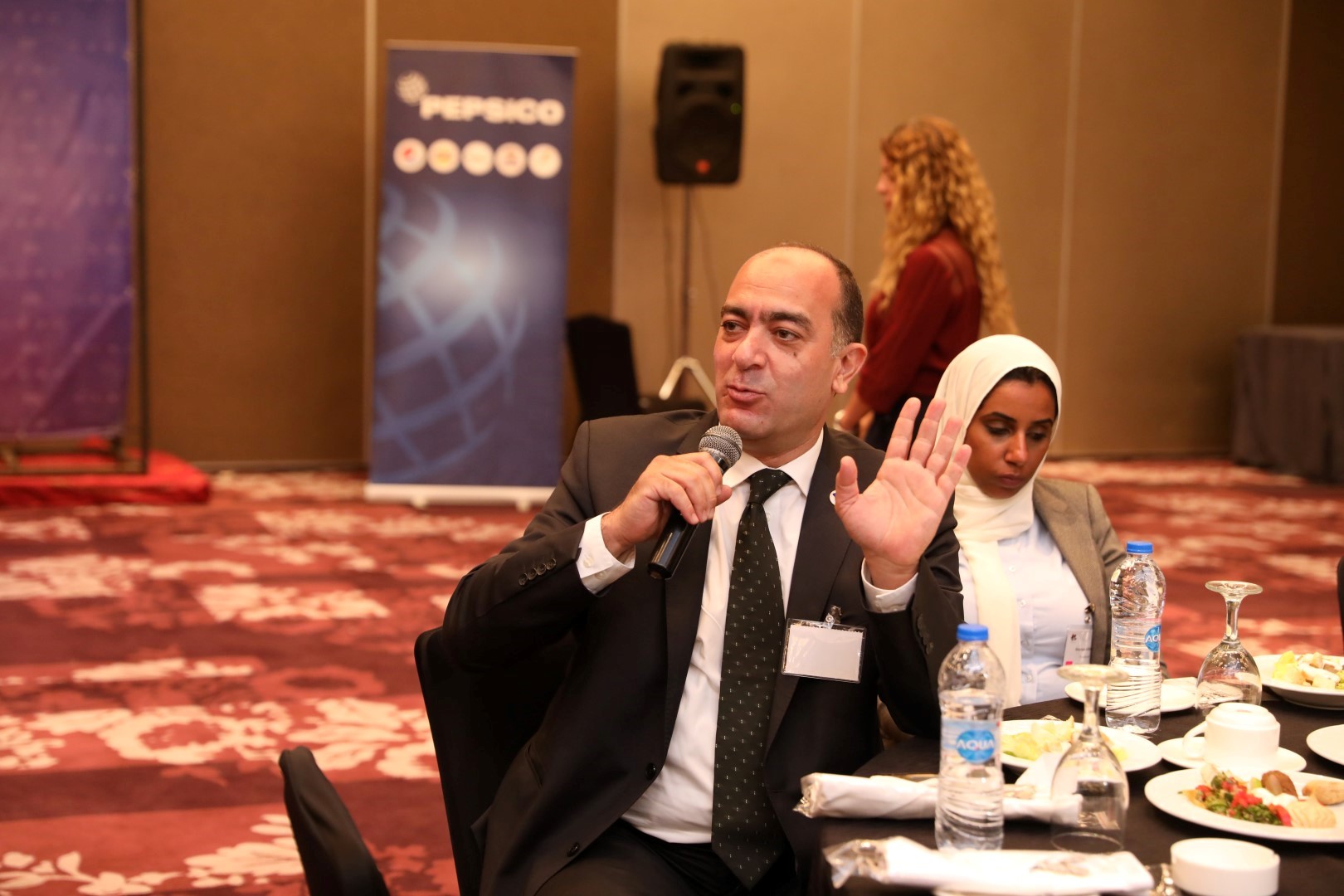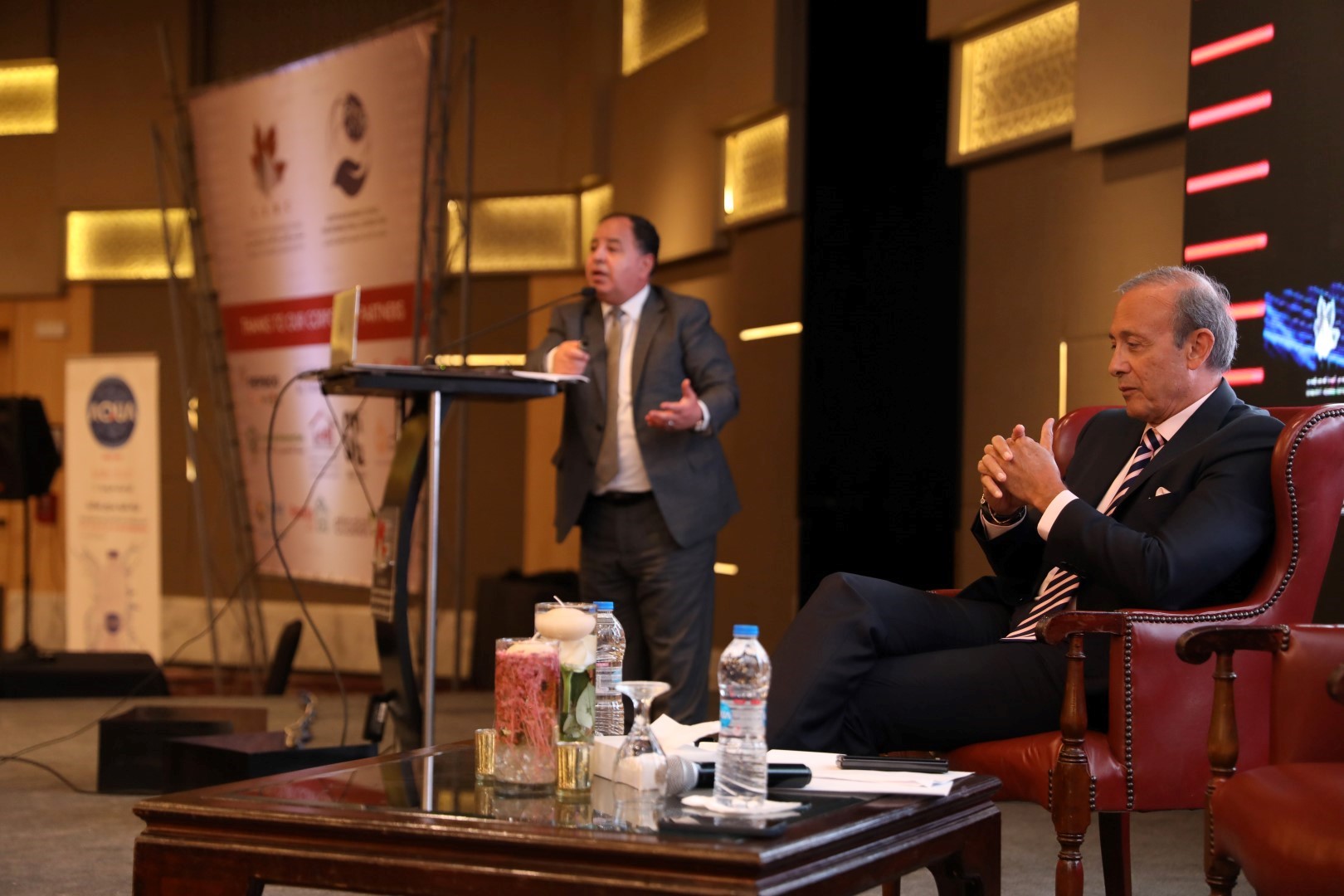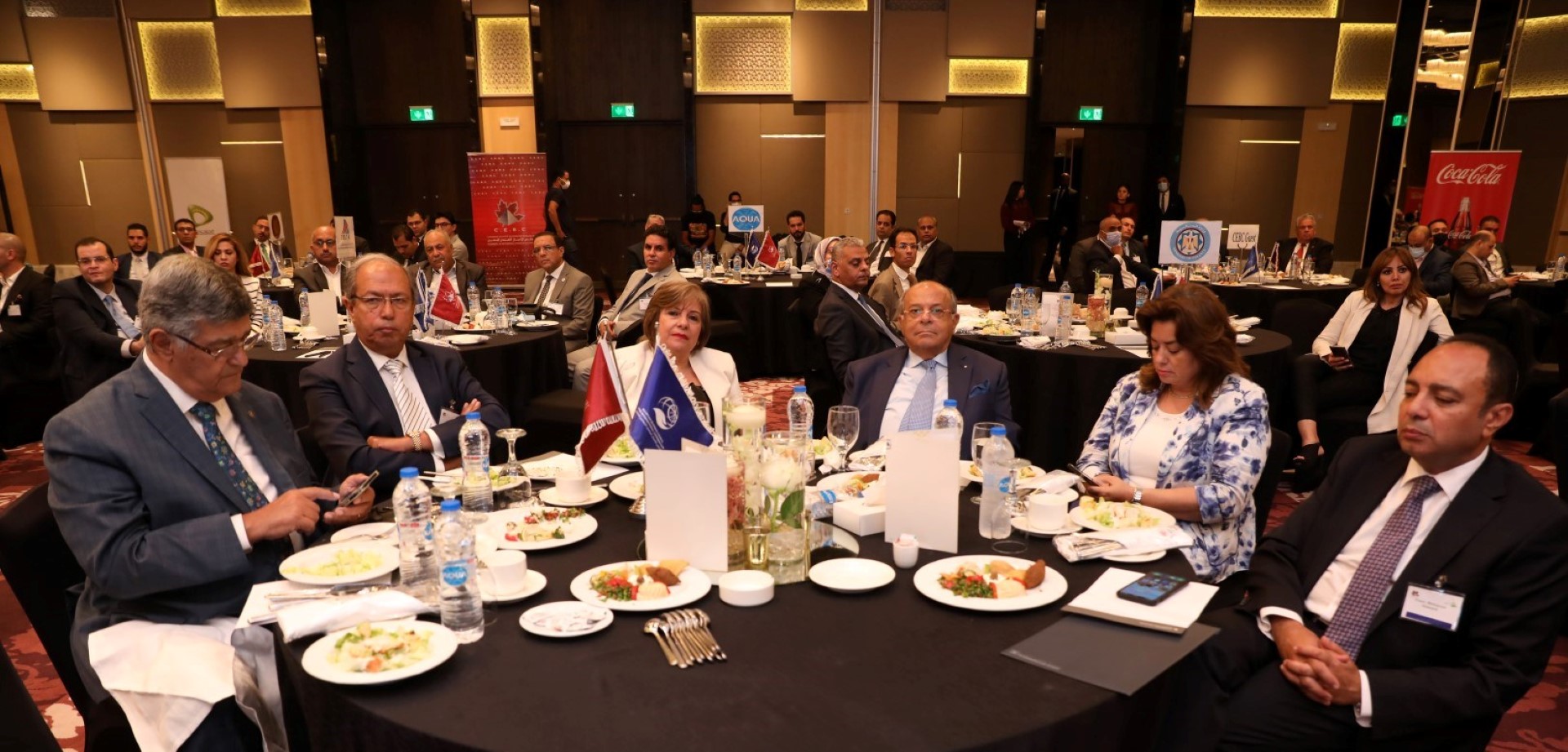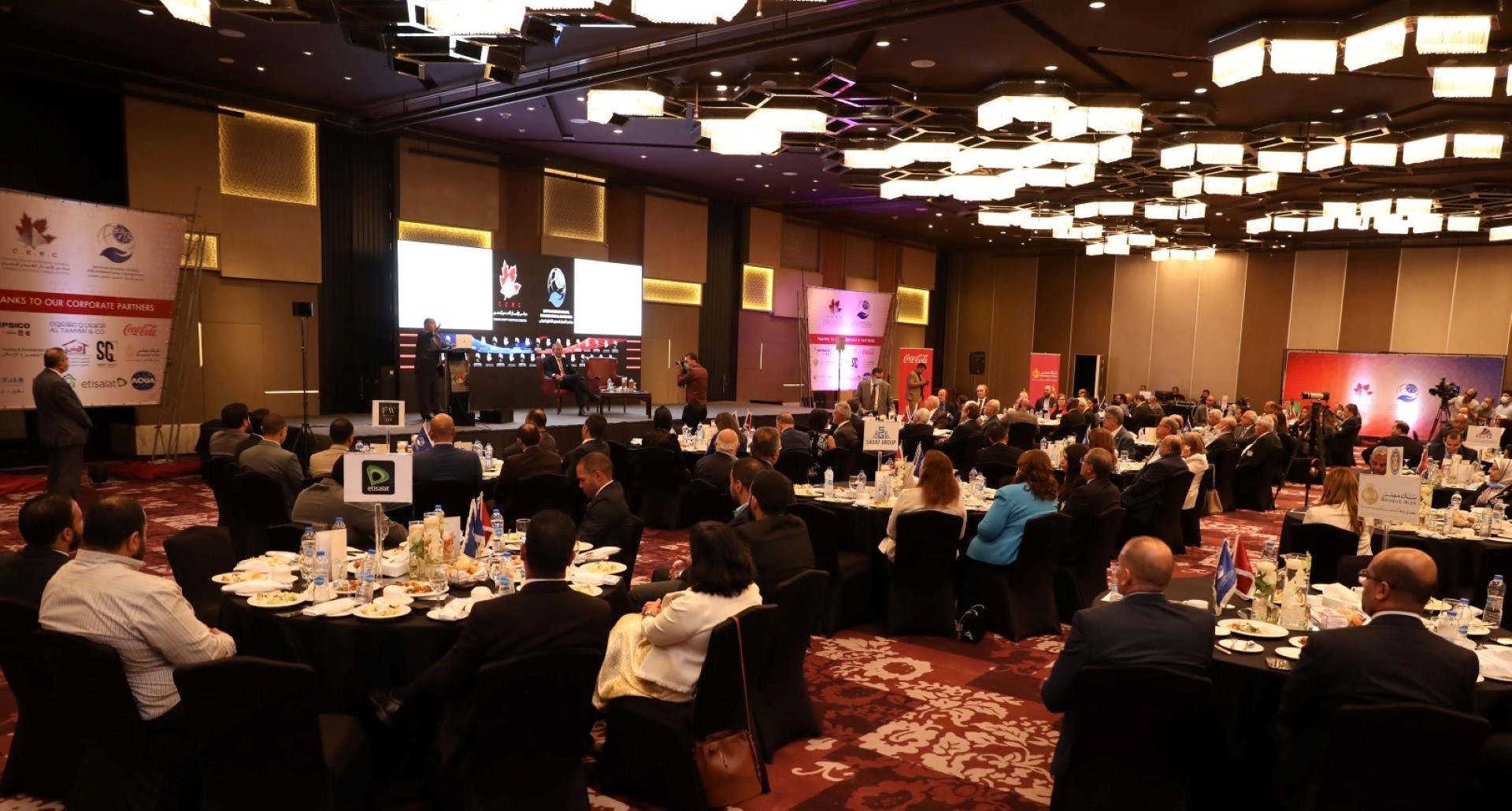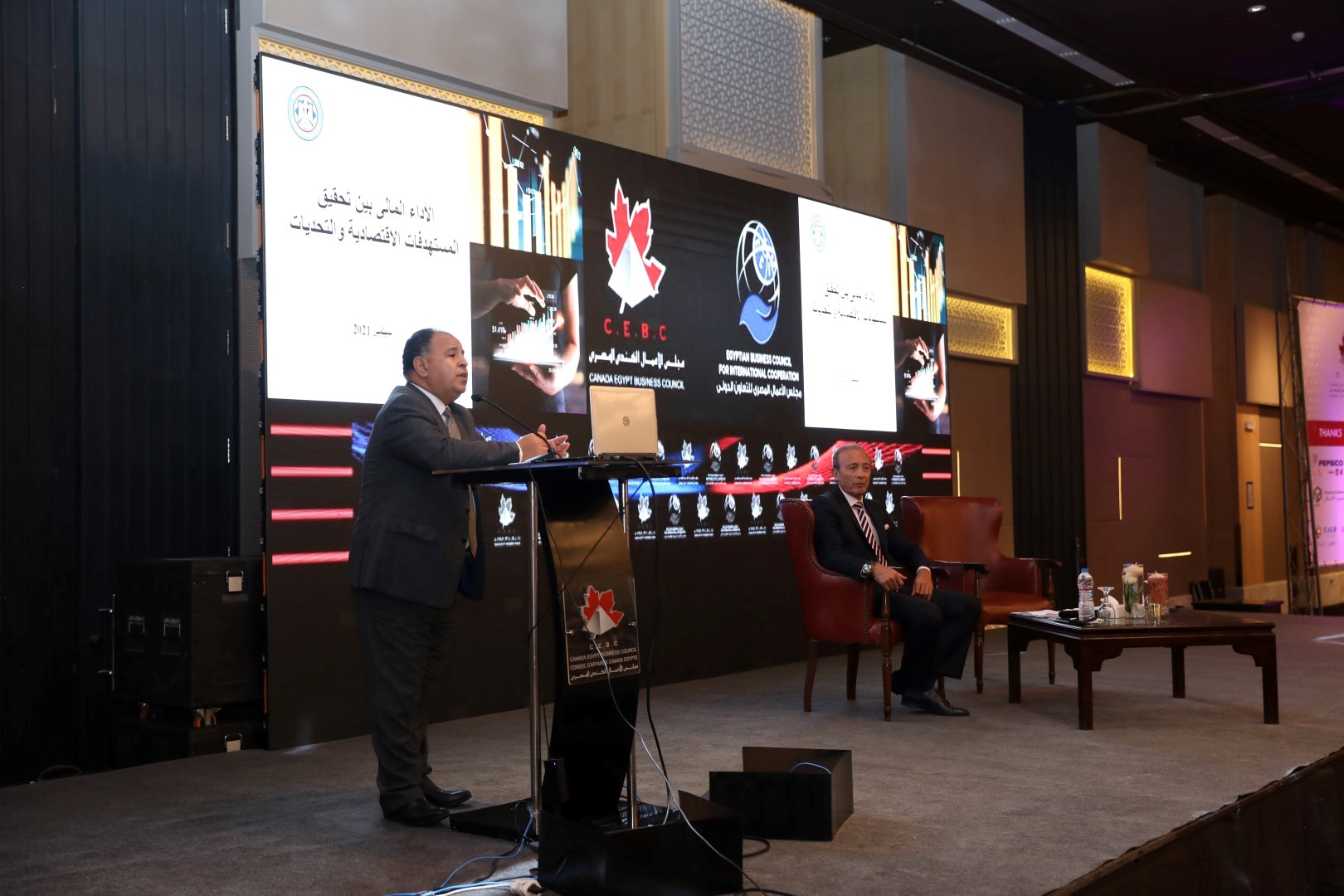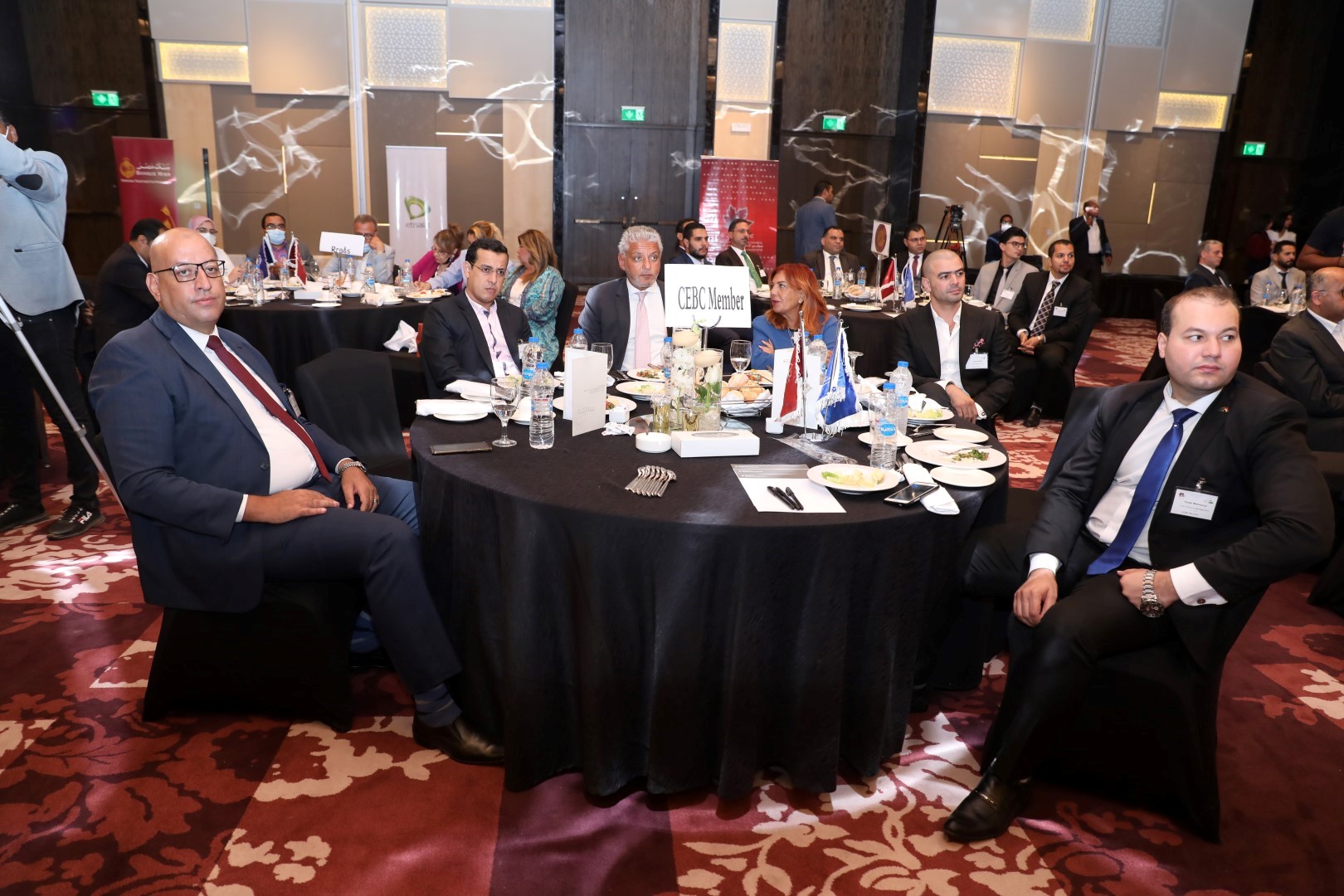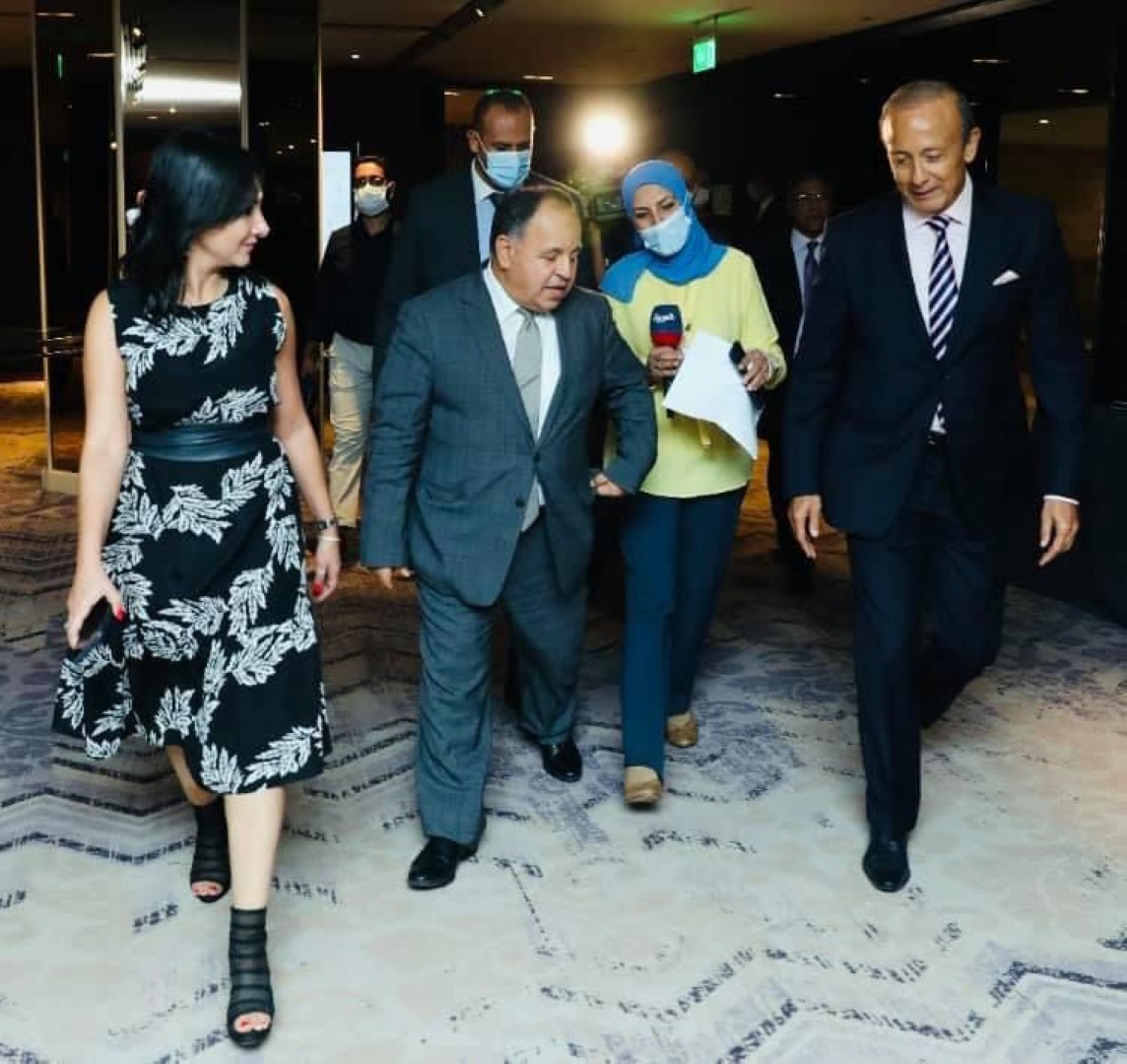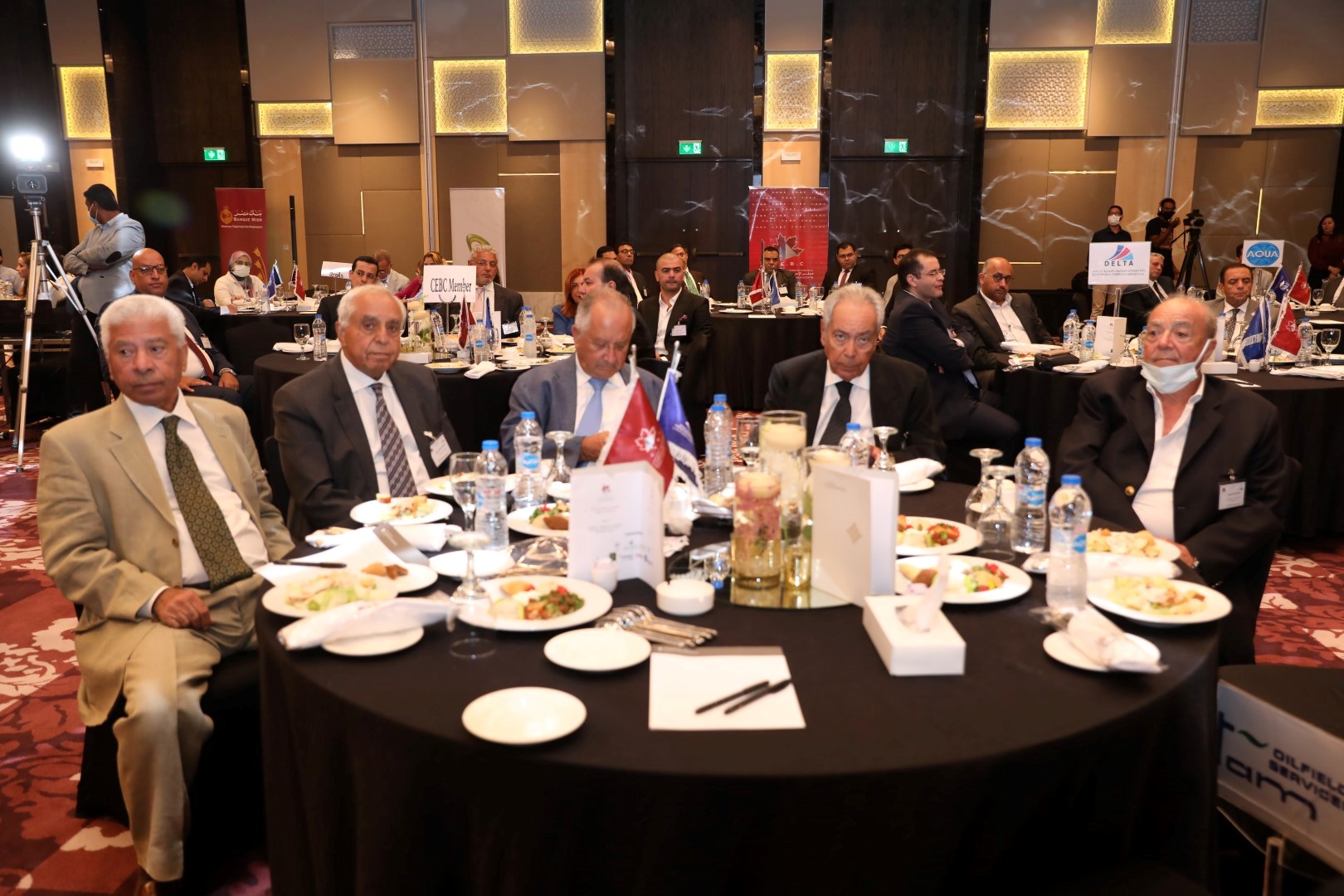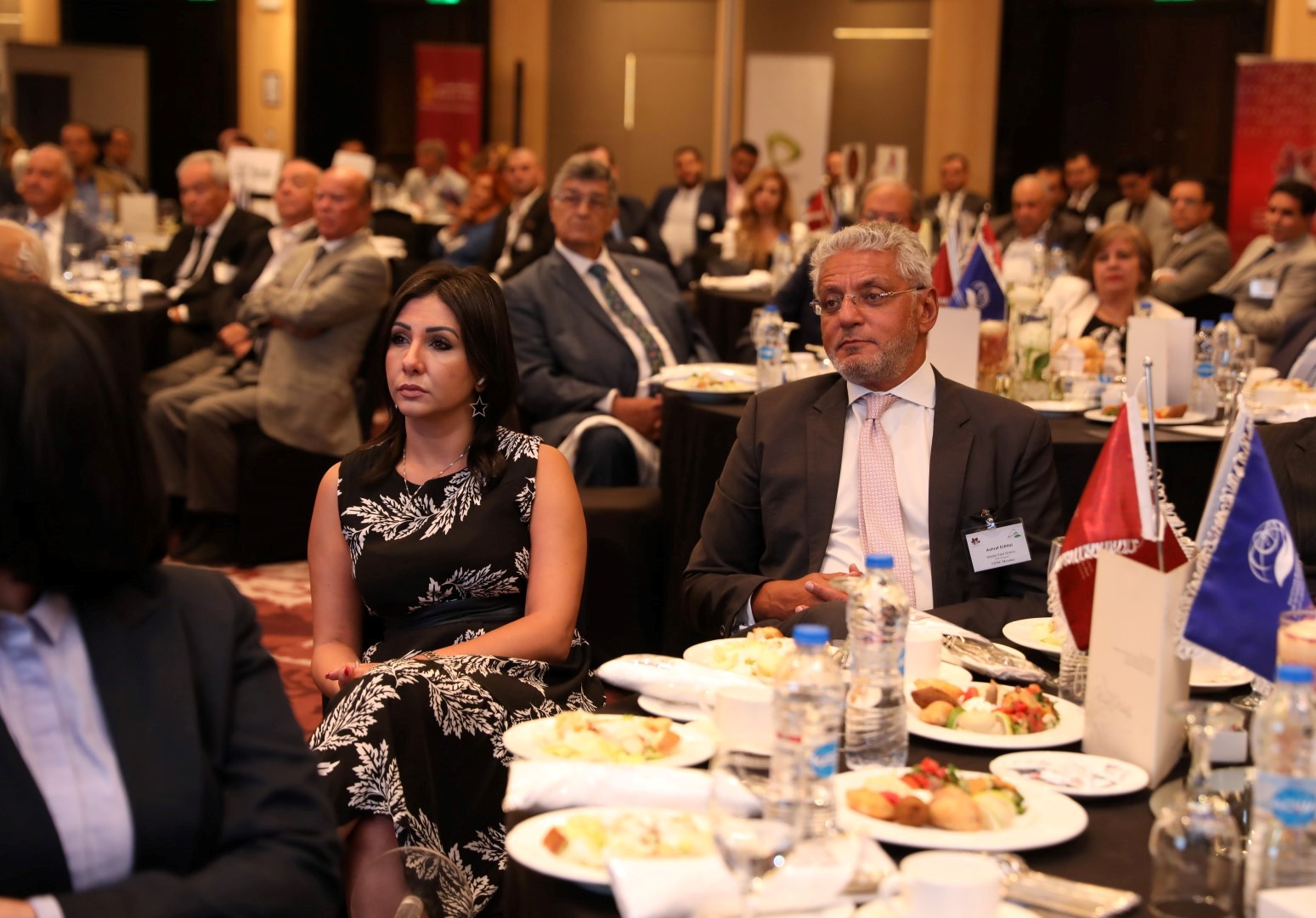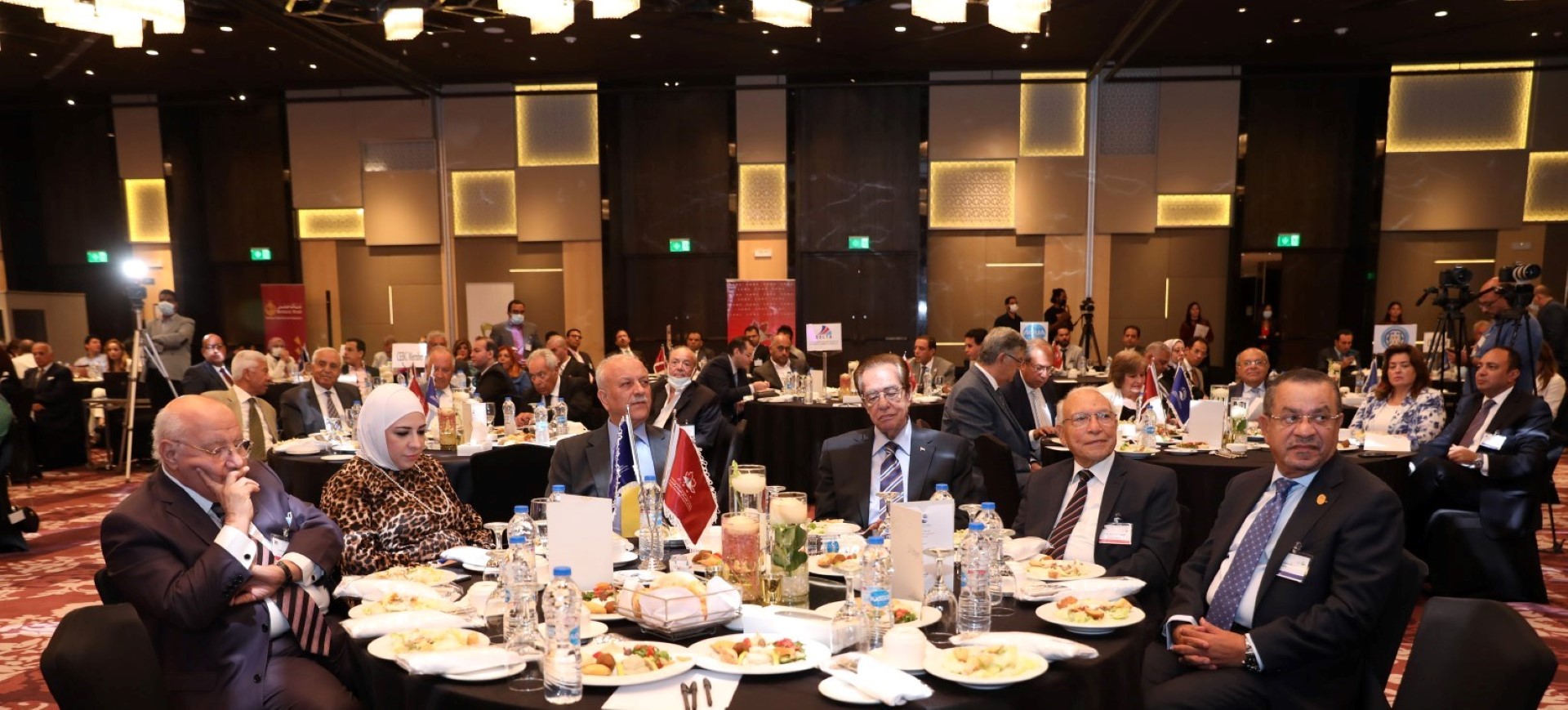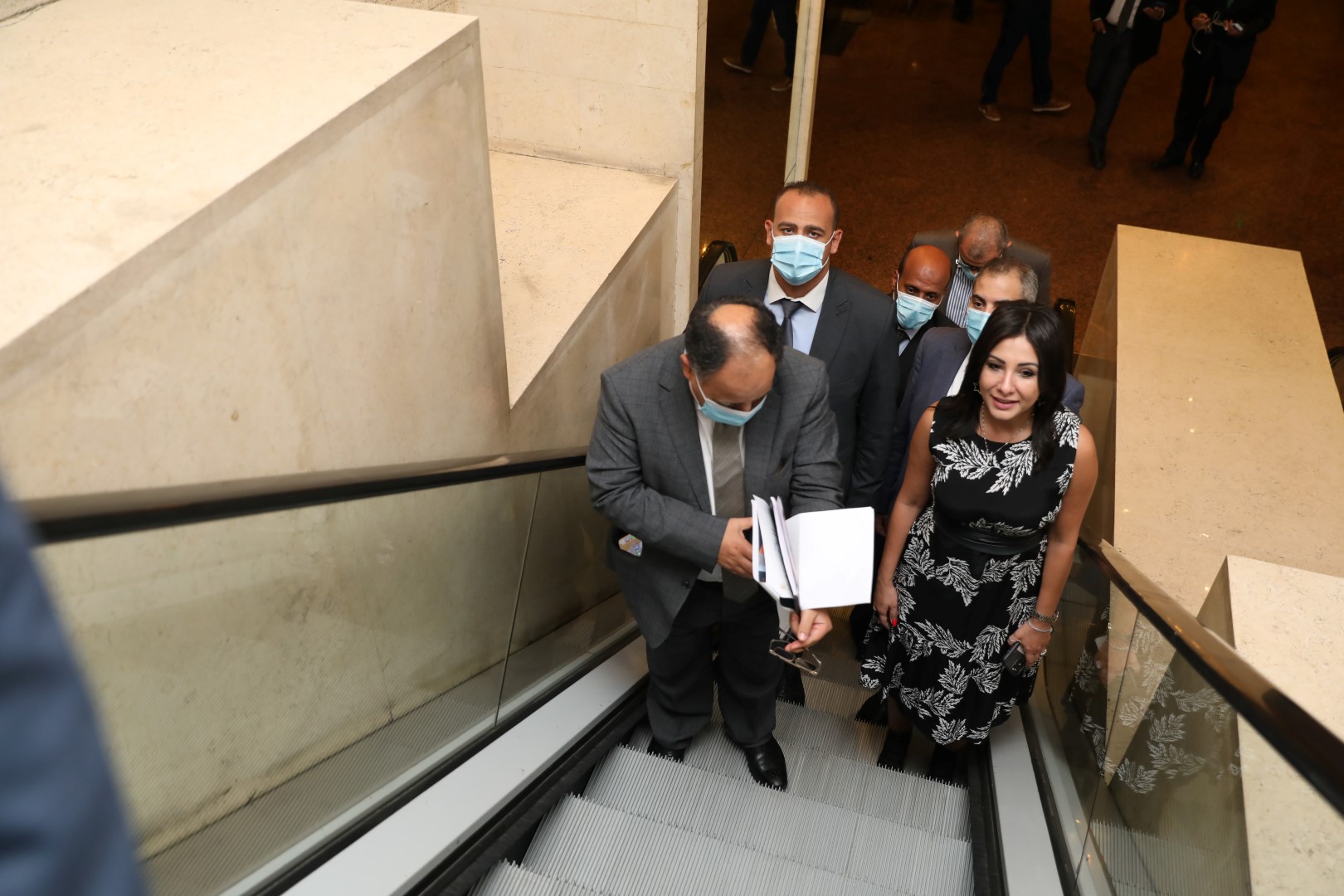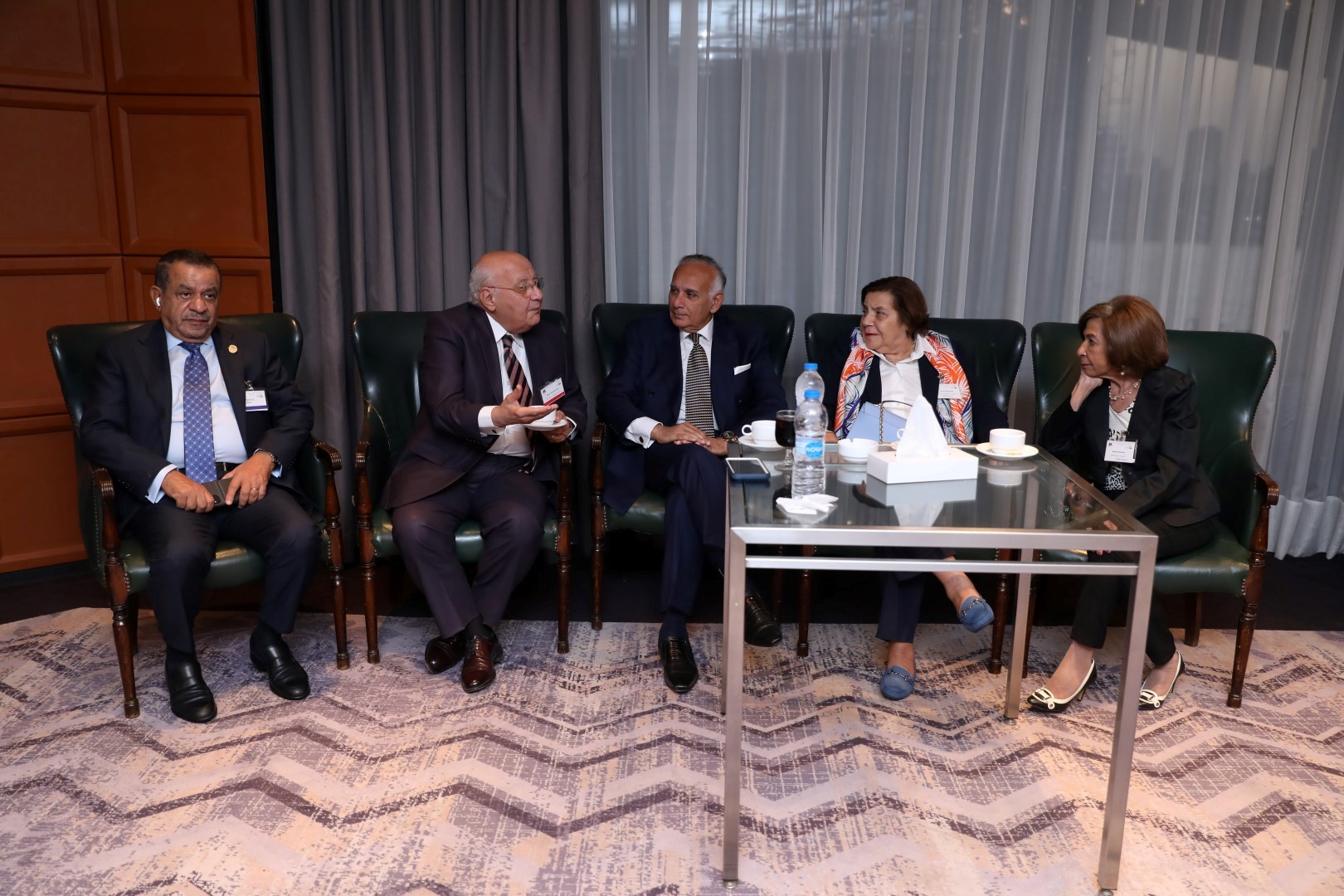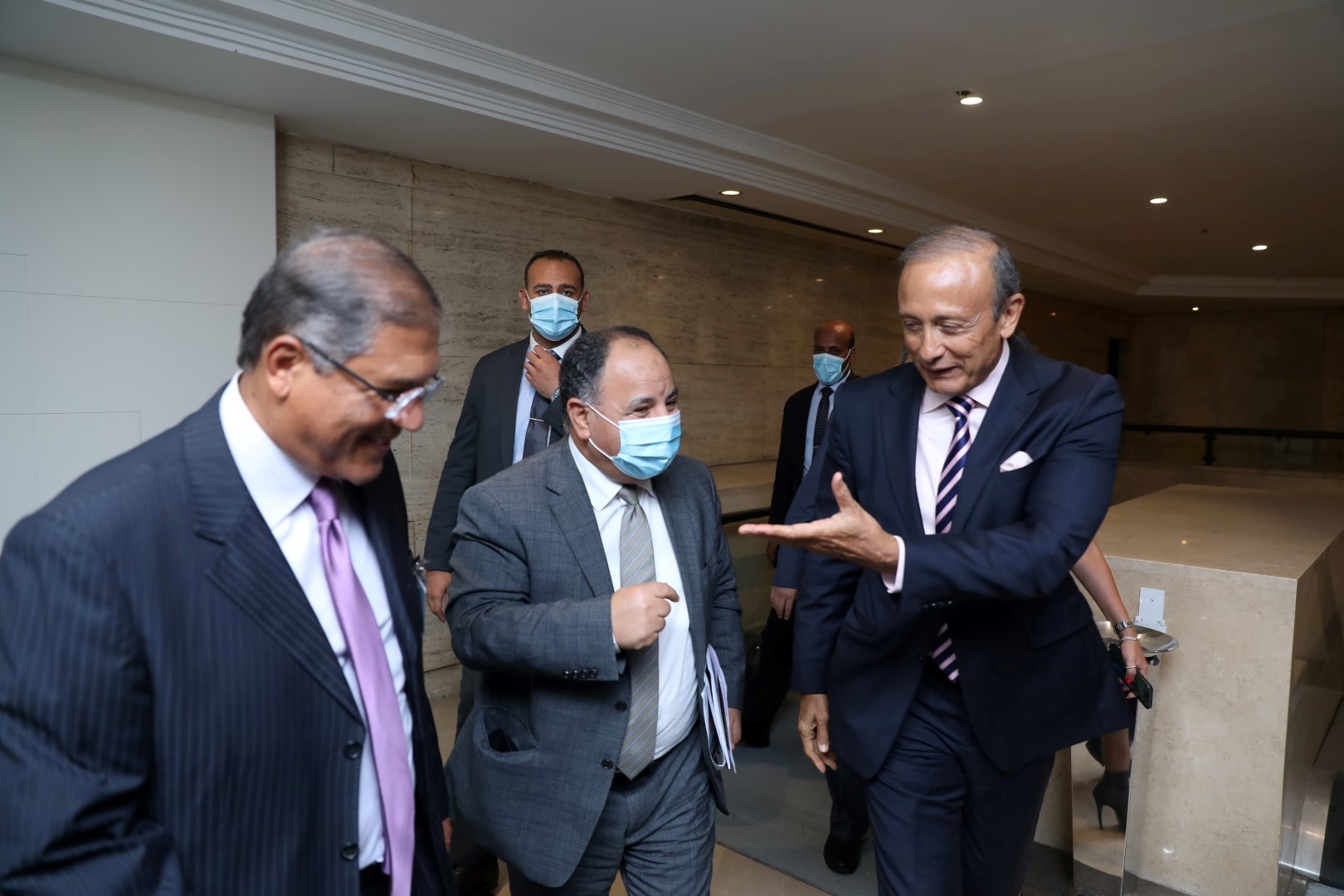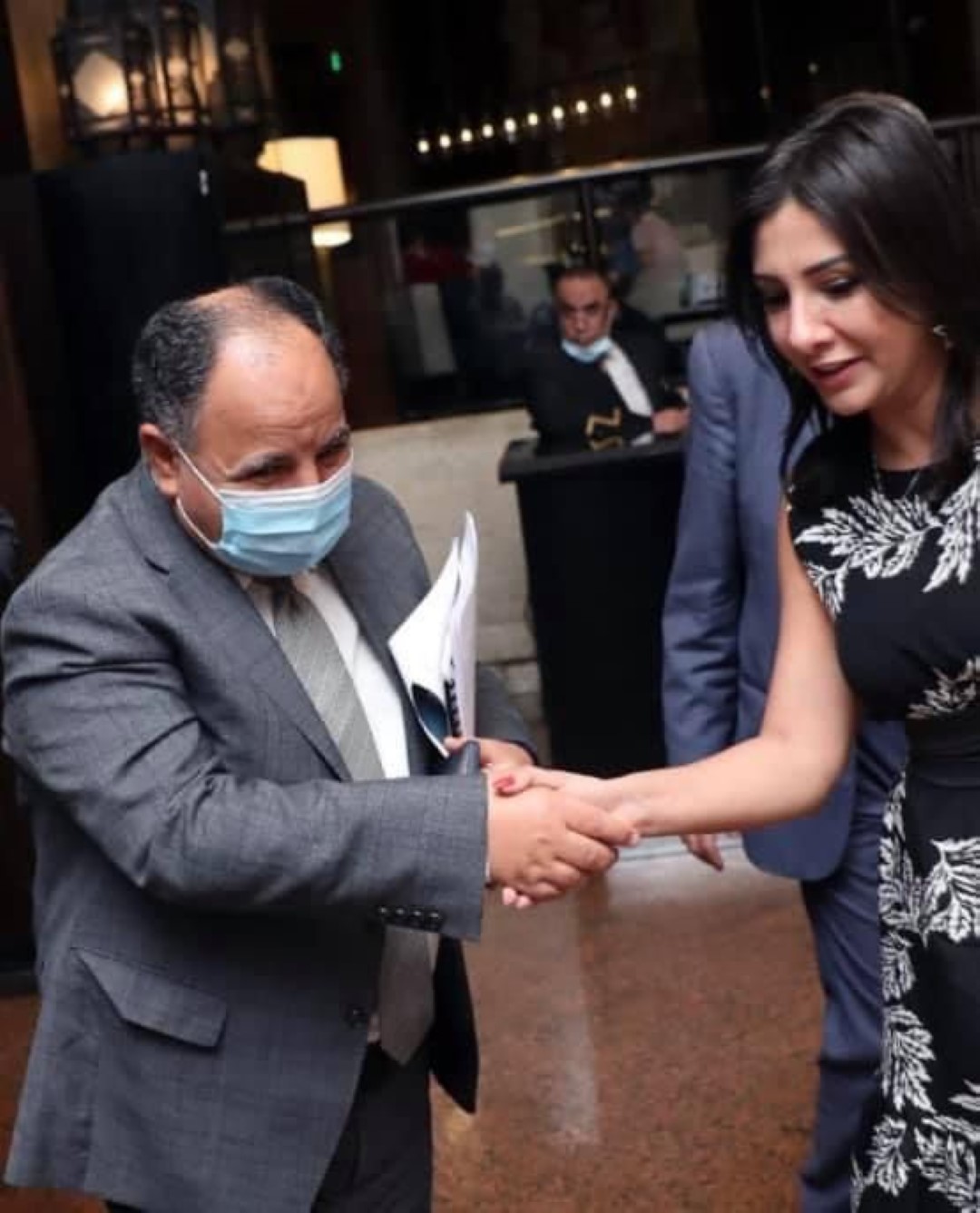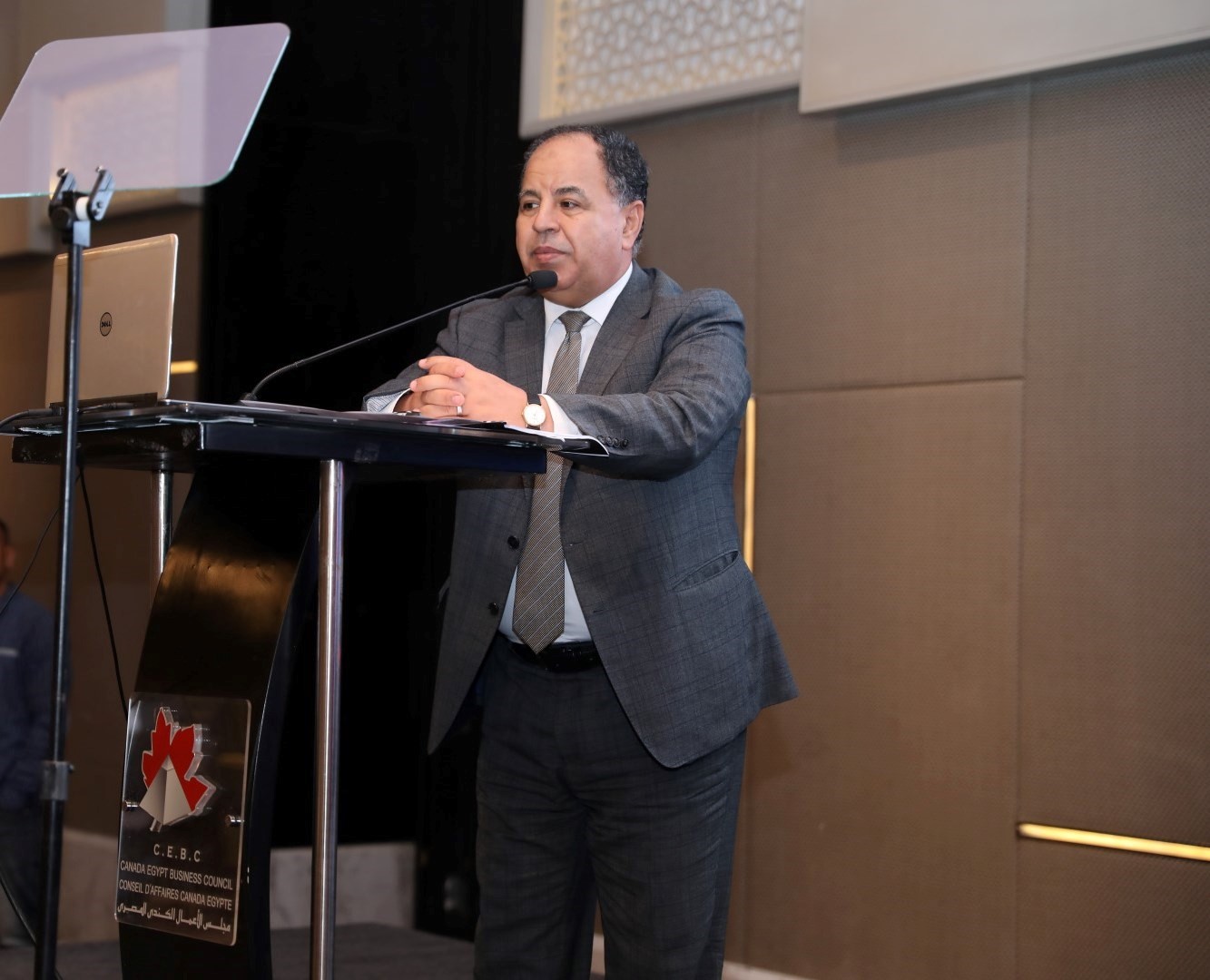
Date
Speaker(s)
Designation
Invitation
Description
During the past period, the Egyptian economy has received many praises from various international institutions, thanks to the achievements witnessed by its various indicators, to reflect its solidity and ability to face all crises, especially the “Corona” pandemic.
Financial policies played a major role in these successes, as a package of measures and measures were taken to support development efforts, preserve the gains of the first phase of the economic reform program, enhance social protection, and improve public money management. But despite these successes, there are many challenges, including controlling the budget deficit, reducing public debt, and increasing the spending rate as a result of the repercussions of Corona.
In this Forum, Canada Egypt Business Council and the Egyptian Business Council for International Cooperation had the honor to host H.E. Dr. Mohamed Maait; Minister of Finance discussing the topic “Financial Performance… Between Achieving Economic Goals and Current Challenges”.
At the outset, Eng. Motaz Raslan; on behalf of CEBC & ECIC; was pleased to welcome our dear distinguished members, guests, ambassadors, the followers of the meeting via online live streaming and his dear friend H.E. Dr. Mohamed Maait; Saying that Egypt was able to overcome all these repercussions of the “Corona” pandemic, thanks to the elaborate implementation of the reform program that gave the economic strength and solidity in the face of internal and external crises, as well as the proactive measures taken by the government to support economic activity at a value of 2% of GDP to achieve a balance between the continued rotation of the wheel of production on the one hand & on the other hand, protecting the health of citizens. At a time when most of the world’s economies were affected and the state of stagnation and depression overtook many markets, the testimony of Kristalina Georgieva, Director of the International Monetary Fund, saying (that the Egyptian economy is a successful model in economic reform), and before that comes the praise of the World Bank that Egypt is the bright spot in Africa, as Bloomberg put Egypt Among the ten fastest-growing economies in the world in 2020. He added Egypt recorded the second-highest economic growth rate in the world, according to the International Monetary Fund report, in addition to being one of the best countries in the world in reducing debt by 20% within 3 years, despite the pandemic.
Eng. Motaz pointed out that despite the state of optimism that these numbers reflect, there are many, many challenges facing financial policies, such as aligning revenues and expenditures to provide financing for all development programs and plans, as well as financing initiatives and projects that meet the aspirations of citizens. Certainly, the challenges are great, but there are many efforts and programs implemented by the Ministry of Finance under the leadership of our guest today to develop the customs system, mechanize taxes and mechanize the state’s general budget, in order to enhance revenues, combat customs and tax evasion, control and rationalize spending and integrate the informal economy. All of them are a revolution in change during the past months in order to facilitate the citizens and maximize the state’s revenues.
Before I give the floor to H.E. We thank him for accepting the invitation and for our participation in the dialogue despite his many preoccupations, to reassure us of our financial conditions, the current position of the Egyptian economy, and the most important difficulties and challenges facing financial policies at the current stage, especially in light of the successive waves of the epidemic.
H.E. Dr. Mohamed Maait; Minister of Finance, begun his speech saying that the ministry succeeded in keeping public debt levels under control despite the repercussions of the Corona crisis, which expanded countries’ borrowing rates and increased global debt; that Egypt’s debt rates before Corona reached 108% of GDP at the end of June 30, 2017, and began to decline with the economic reforms implemented by the government until it reached levels of 90.4% of GDP at the end of June 2019, and decreased during the Corona year to reach To 87% of GDP, it usually rises by the end of June 2021 to 90.8% of GDP. H.E. added that this rise is normal as a result of the Corona crisis, but debt rates remain under control, and had it not been for the Corona crisis, it would have fallen to 80% of GDP.
Dr. Maait stressed that the ministry is not currently seeking to impose any new taxes, but rather to tighten control through the various electronic systems that the ministry has developed to control tax evaders. He indicated, during press statements, that when the ministry started implementing the electronic invoice system for the Tax Authority and automating tax procedures, it succeeded in seizing 1,700 cases of evasion worth 800 million pounds, and it rose to 3 billion pounds when examining those cases began over the past years.
H.E. added, “Starting from the fiscal year July 2022, the Tax Authority will not examine the tax files of companies, but the electronic system is the one who will examine them, noting that the companies’ transactions have become fully exposed to the Ministry of Finance through a window system that determines the value of the imported goods to the Ministry or issued by companies, which will be integrated with the electronic invoice system that will be clear to those who bought and sold, in addition to broader integration by linking with the various state agencies, so that all financial transactions for companies will become clear that the state does not need approval from the companies.
He reviewed that the government is required to provide one million jobs annually and that it will not be able to provide them with its current capabilities alone, and it must cooperate with the private sector. H.E. continued, “The financial performance… between achieving economic goals and the current challenges,” that “there are one million young men and girls who enter the labor market annually, and the government alone will not be able to provide job opportunities for them; It is necessary to cooperate with the private sector and expand their investment; therefore, we are keen, in the current period, to overcome the obstacles facing it, and we launched the structural reforms program following the economic reforms.” He added that the structural reforms program is working to solve the challenges facing the private sector, stressing that the economic reform in the first stage did not include sustainable or inclusive and comprehensive economic growth, but what can achieve this are structural reforms and improving the business environment.
And H.E. continued that Corona jumped in unemployment rates to levels of 9.6%, compared to 7.9% before the crisis, but with the labor protection measures taken by the state, it was able to put it on a downward path again, to range between 7.2% and 7.3%.
He pointed out that the ministry will develop a new electronic system; is the electronic receipt; to be integrated with the electronic invoice system to prevent tax evasion. This new system, within 6 months, will be ready to be applied in all stores in Egypt. He added, that these devices have a high degree of insurance, especially against penetration operations, and that in the event of their closure or manipulation, this appears directly on the screens of the operations room in the ministry in order to control the people who did so and conduct a tax evasion case for them, indicating that the generalization of this system will take two years. He stressed that the mechanization operations carried out by the Tax Authority due to the escape of a large number of citizens from paying taxes, as the value of the informal economy reached 60%, saying, “Before Corona, we conducted an inventory of a large number of stores in malls such as Mall of Egypt stores, we discovered that out of 20 thousand Research on the ground that 11 thousand are not registered with the tax authority, while only 9 thousand are registered.”
He also said that the population increase in Egypt requires achieving economic growth rates that are by no means less than 6%. He added that achieving the economic goals and the current challenges “, that the Egyptian government, in light of the continuous population growth rates, must target growth in the domestic product of at least 6%, if it wishes to reduce poverty rates, because achieving levels lower than this will become the ability of population growth Faster than any economy is able to build schools and roads and create jobs. The Central Agency for Public Mobilization and Statistics had announced that Egypt’s population had reached 102,250,421 at the end of August.
Finally he pointed out that if Egypt achieves 6% GDP growth, it will be able to create three to four million jobs, but if it aims to provide one million jobs, it needs at least 8% economic growth rates.
Then the session was opened for questions and answers where many questions and suggestions were discussed and many attendees praised the ongoing efforts of the Ministry of Finance.




